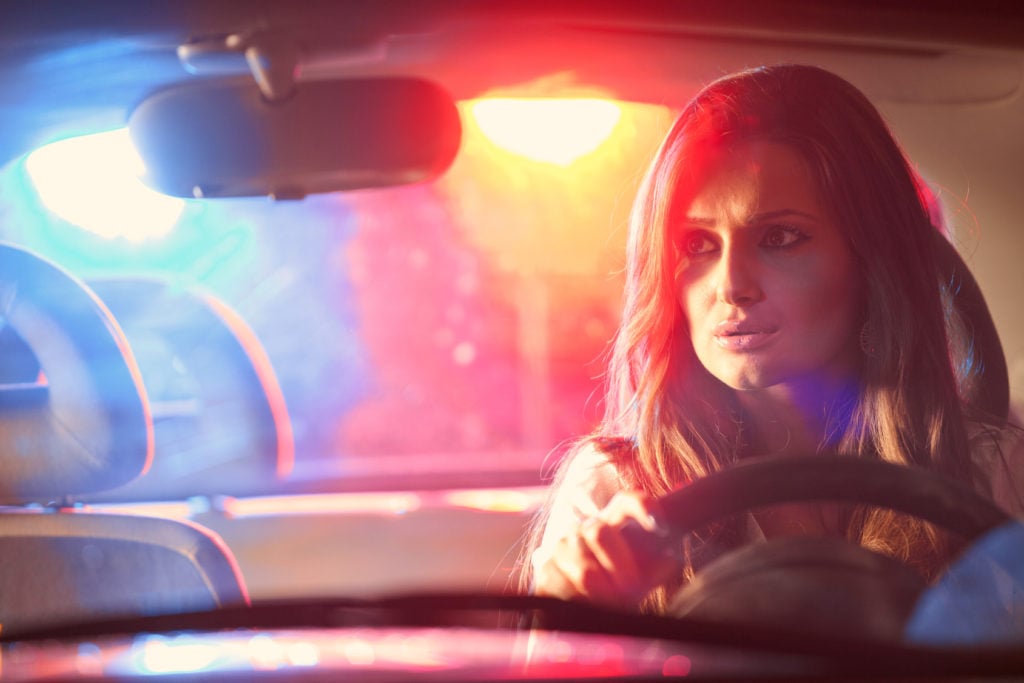
Truth be told, getting pulled over can be a terrifying ordeal even if you have not consumed any form of alcohol. Now imagine the moment when you drive home after a few innocent drinks with friends then all of a sudden, the blue and red lights accompanied by a siren sound appear in your rearview mirror. Anyone who has been through this situation can tell you, a very important choice awaits you: whether to take the breathalyzer test or not.
What is a Breathalyzer and How Does It Work?
The threat of a facing a Driving While Intoxicated (DWI) charge is, without a doubt, a grave one. In most DWI cases, cops may decide to perform a breathalyzer test on you. You may have heard stories about road users taking a breathalyzer test, but wonder how it actually works. A breathalyzer is a gadget that is mostly used by police officers to estimate blood alcohol content (BAC) by taking a breath sample. It is a device that can show the percentage of alcohol present in an individual’s bloodstream.
Even though a breathalyzer doesn’t directly measure the blood alcohol concentration or content, it indirectly measures the amount of alcohol in a person’s breath. So when you exhale into a breathalyzer, any existing ethanol in your breath is oxidized to acetic acid to produce an electric current that’s measured by a microprocessor before being shown as an estimate of the overall BAC.
Technically, you can refuse taking a breathalyzer test, but it may not be of help to you especially in states such as Texas where you face arrest with the penalty for refusing a breathalyzer. To put it into perspective, refusing to take a breathalyzer test for the first time in Texas may get your license suspended for 180 days with second time offenders having their licenses suspended for two years.
What Can You Do After a Breathalyzer Test?
Breathalyzers are not 100 percent accurate and can sometimes malfunction randomly. By taking the test, you will be giving your lawyer something to analyze. Your lawyer will have to prove in the court of law that the device was not working appropriately at the time or the police officer didn’t administer the test properly.
Remember, your refusal to take a breathalyzer test may make it harder for prosecutors to convict you of a DWI charge based on lack of BAC proof. However, this may come with serious penalties if the prosecutors are able to prove their case. So, if you feel like your breathalyzer test was inaccurate and led to a damaging DWI charge, call David P. Ward for legal help.
